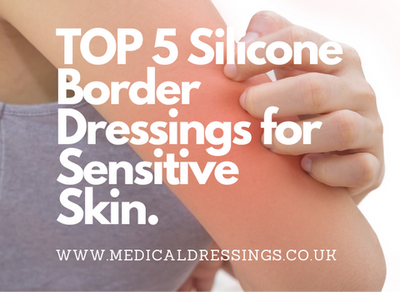Posted by Sheryl Salomon on 24th Apr 2024
Vitamin D is known as the “sunshine vitamin” as it is produced from solar energy absorbed by our skin. Many people resort to supplements in colder winter months when short and dark days limit our time spent outdoors.
Decreasing vitamin D levels isn’t just a winter issue. Over the past couple of decades, the number of UK citizens with sufficient levels has decreased. Adults achieving vitamin D sufficiency has dropped from 60 percent in the early 1990's to 30 percent in the early 2000's.
Definitions of exactly what vitamin D deficiency means vary from less than or equal to 12 nano-grams per milliliter (12 ng/ml) to less than or equal to 20 ng/ml on the high end. Using the upper measure, research suggests 41.6 percent of the population have a vitamin D deficiency. Those who are nonwhite, obese, or without a college education are at greater risk of not having adequate vitamin D levels.
Drinking less milk (a valuable source of vitamin D) and using sunscreen are among the reasons that Vitamin D insufficiency has risen over the years.
That drop is a problem as the vitamin can help the gut absorb calcium, which ultimately promotes strong and healthy bones. Vitamin D is also helpful in reducing inflammation and boosting immune function and cell growth.
HOW TO KNOW IF YOU ARE VITAMIN D DEFICIENT:
Concerned your levels of vitamin D are too low? Common symptoms of deficiency include feeling tired and achy, though often there are no symptoms at all.The best way to know for sure is by asking your doctor, who may do blood work to assess your vitamin D levels.
Why Certain People May Need a Vitamin D Supplement:
Why are some groups at greater risk of low vitamin D levels? In most cases, it can be traced back to their diet or lifestyle. Take vegans, for instance. Many have low vitamin D levels because they avoid foods that are rich in vitamin D — including meat, fish, egg yolks, and dairy products that have been fortified with the vitamin. One study published in February 2016 in PLoS One found vitamin D serum concentration was 34 percent lower among study participants who followed a vegan diet compared with those who ate meat and dairy.
But there are ways to get added Vitamin D into your diet as a vegan. For instance, plant milk beverages such those made from soy, oats, and almond, are often fortified with vitamin D to the level found in fortified cow’s milk (about 100 IU/cup), according to the National Institutes of Health. Check the nutrition facts label for the actual amount.
People with obesity also may need a supplement. Research has suggested the possible reasons for deficiency include a lower dietary intake of vitamin D among obese men compared with non obese men and women, the possibility that obese people expose less skin to the sun (not due to poorer absorption alone), and a decrease in the absorption rate of vitamin D among people who’ve had bariatric or gastric bypass procedures. Indeed, one study suggested recommendations for vitamin D targets should be based on body weight rather than simply suggesting 600 IU for everyone across the board.
As for older people, they’re at risk because they’re more likely to spend time indoors but also because the process of synthesizing vitamin D from food or sunshine becomes less efficient as people age, according to past research.
Choosing the Best Vitamin D Supplement for You:
If you choose to go the supplement route, it is recommended to take around 400 to 800 IU of vitamin D3 (cholecalciferol) per day. Vitamin D3 is the form that is already stored in the body, so some studies have found it to be more effective. Also, take vitamin D with a healthy fat, such as sliced avocado, because it is a fat-soluble vitamin that requires fat to be absorbed.
The Medicines and Healthcare products Regulatory Agency (MHRA) doesn’t oversee supplements, so it can be tough to know if you’re buying a good one. Some research has found the potency of supplements varies greatly among brands. The supplements tested in the aforementioned research had between 9 and 146 percent of the expected dose. The researchers found supplements from a MHRA-verified bottle were the most accurate and least variable, so when you’re looking for a supplement, be on the lookout for the MHRA Mark.


